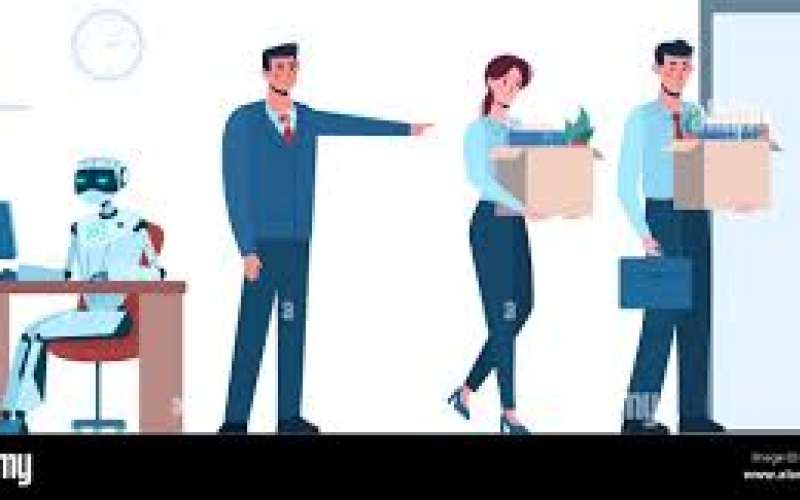
Artificial Intelligence (AI) has emerged as a transformative force across industries, revolutionizing the way businesses operate and disrupting traditional workflows. As we venture deeper into the 21st century, the trajectory of the AI industry promises unprecedented advancements, presenting both opportunities and challenges for the workforce.
Rapid Advancements in AI Technology:
The AI industry is witnessing rapid advancements propelled by breakthroughs in machine learning, natural language processing, computer vision, and robotics. These innovations are enabling AI systems to perform increasingly complex tasks with remarkable accuracy and efficiency, from automating routine processes to analyzing vast datasets for actionable insights.
Impact on the Workforce:
The proliferation of AI technologies is reshaping the workforce landscape, driving a shift in job roles and skill requirements. While AI presents opportunities for enhanced productivity and innovation, it also raises concerns about job displacement and the need for upskilling and reskilling.
Automation and Job Displacement:
Automation powered by AI has the potential to streamline operations across various sectors, leading to the automation of repetitive tasks traditionally performed by humans. Jobs in manufacturing, customer service, transportation, and administration are particularly susceptible to automation, posing challenges for workers whose roles may become obsolete.
Upskilling and Reskilling Initiatives:
To adapt to the evolving demands of the AI-driven economy, individuals and organizations must prioritize upskilling and reskilling initiatives. This involves acquiring new competencies such as data analysis, programming, and AI system management to remain relevant in the workforce. Educational institutions and businesses play a crucial role in providing training programs and resources to facilitate this transition.
Emergence of New Job Roles:
While AI may displace certain job roles, it also creates opportunities for the emergence of new professions centered around AI development, implementation, and maintenance. Roles such as AI ethicists, data scientists, machine learning engineers, and AI trainers are in high demand as organizations seek to harness the power of AI technologies responsibly and ethically.
Collaborative Workforce Ecosystem:
The future of work in the AI era emphasizes collaboration between humans and machines, where AI augments human capabilities rather than replacing them entirely. By leveraging AI tools and technologies, workers can enhance their productivity, creativity, and decision-making processes, leading to greater innovation and value creation.
Ethical and Societal Implications:
As AI continues to proliferate across industries, addressing ethical and societal implications becomes paramount. Concerns regarding data privacy, algorithmic bias, job displacement, and AI's impact on socio-economic inequality must be addressed through robust regulatory frameworks, ethical guidelines, and responsible AI practices.
Conclusion:
The AI industry holds immense promise for driving innovation, efficiency, and economic growth. However, realizing this potential requires a proactive approach to workforce transformation, encompassing upskilling, reskilling, and a commitment to ethical AI deployment. By fostering a collaborative workforce ecosystem and addressing societal concerns, we can harness the power of AI to create a future where humans and machines thrive together in harmony.